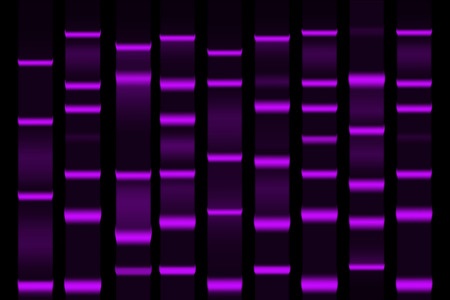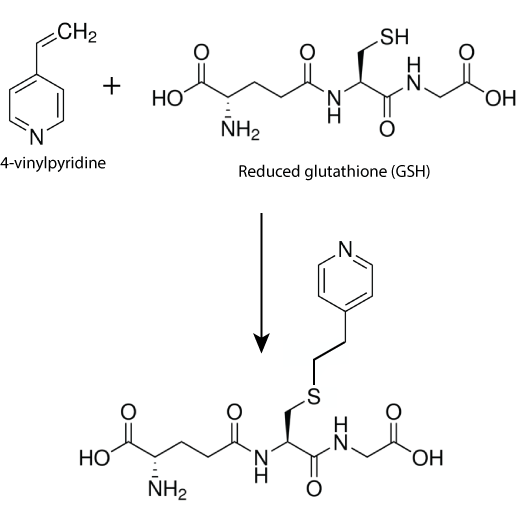Polyclonal antibodies are groups of antibodies that are able to identify many different epitopes of a particular antigen. The antibodies are derived from a selection of B cells, each one recognizing one particular epitope. A monoclonal antibody has one single source. Polyclonal antibodies are easy to store, bind much more quickly to the antigen in question, and provide more powerful protection when it comes to identifying and dealing with specific epitopes.
Polyclonal Antibody: Advantage over Monoclonals?
Topics: Antibody Production
Viability Assays: Different Types and Their Use in Cell Death Research
Viability assays are strategies and techniques that are generally used to determine whether or not an organ, cell, or tissue remains viable or could potentially recover its viability. In general, viability assays will look at the cells or tissue involved to see if they still react and move as they are supposed to. Mitotic activity, mechanical activity, and motility are all used throughout a viability assay for this reason.
What is Protein Electrophoresis and When Should It Be Used?
When proteins need to be segregated out from a sample, protein electrophoresis may be used. Protein electrophoresis utilizes a matrix and an electrical current in order to easily separate proteins without disruption. Protein electrophoresis is beneficial for a few reasons: it can be performed on a relatively small sample size, it is accurate, and it is simple. There are a few different methods of protein electrophoresis, which may or may not involve a denaturing gel.
4-Vinylpyridine as a derivatizing agent for free thiols and its application in Glutathione assay
Glutathione assay involves quantification of reduced Glutathione (GSH) and Oxidized Glutathione (GSSG) in various organisms or in various tissues, blood samples, plasma, serum or cultured cells. Free thiols such as GSH can be detected by their property of relatively high reactivity compared to other biological molecules. On contrary disulfides such as GSSG does not have any unique property that could be exploited for its quantification. Hence Glutathione disulfide (GSSG) quantification can be done after reducing it to its corresponding thiol (GSH). Thus the most widely adopted methodology for quantification of GSH and GSSG is determination of total GSH concentration, followed by alkylation to remove GSH and then reduction of GSSG and its quantification. GSH concentration in sample can be determined by subtracting glutathione disulfide concentration from total glutathione concentration.
Topics: Apoptosis Assays







